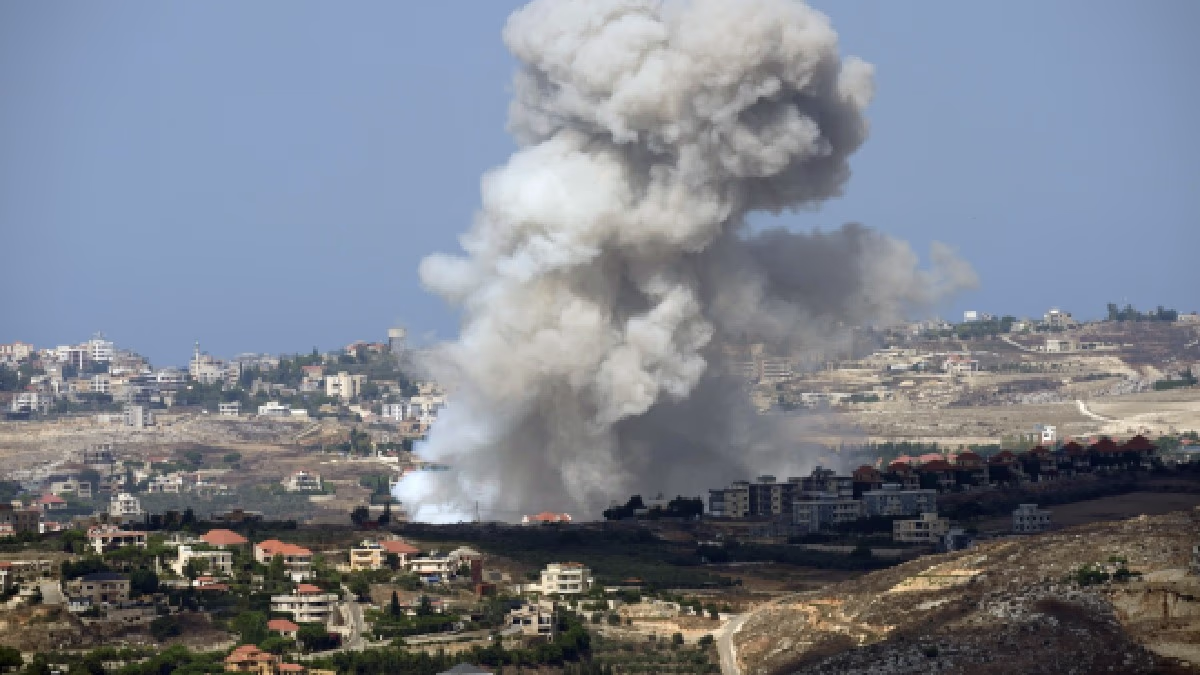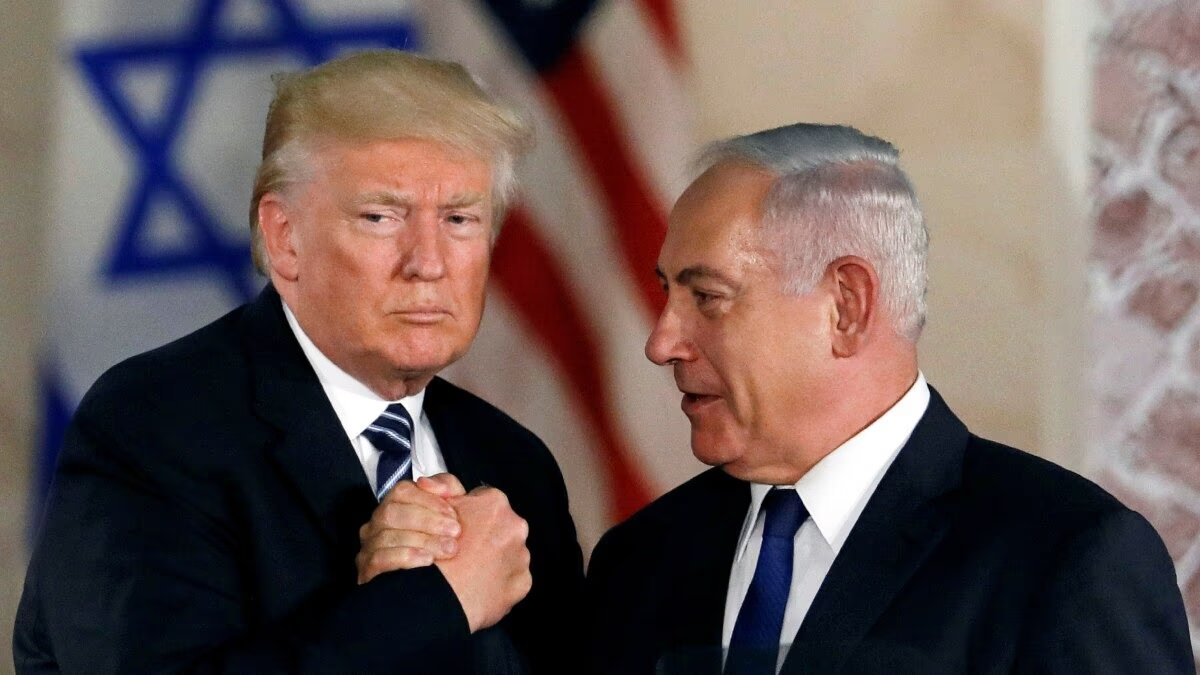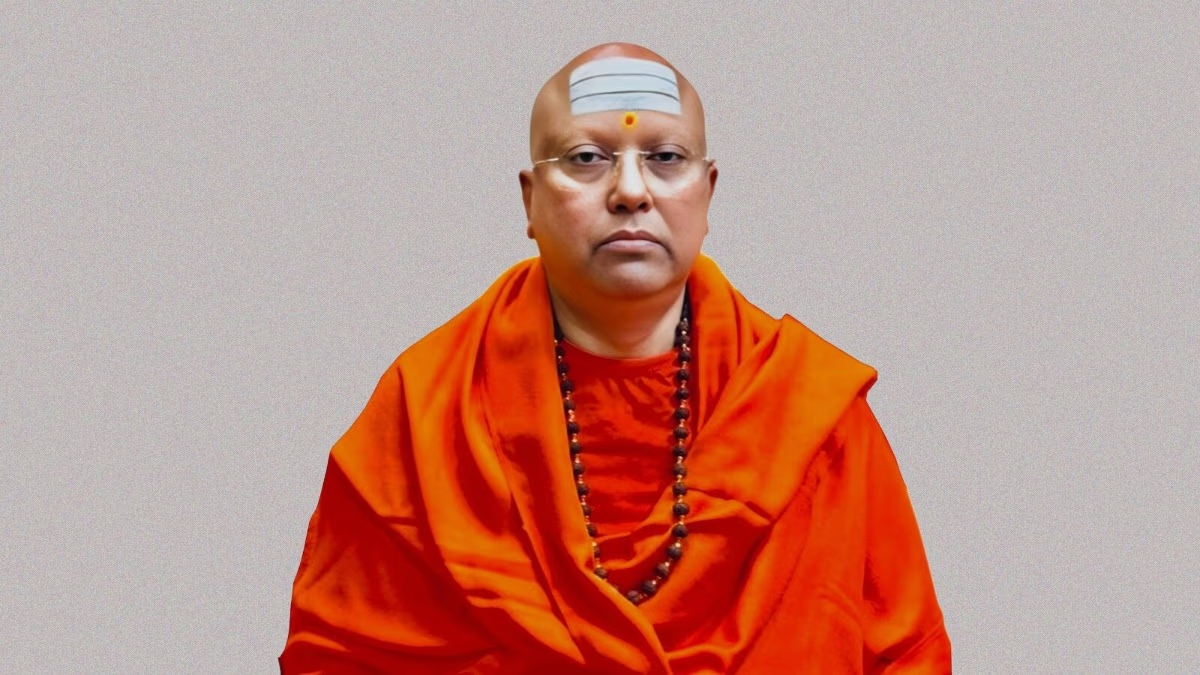Shortly after the radio systems in Lebanon were hacked and Israeli messages were intercepted, the IDF launched powerful airstrikes targeting Hezbollah’s positions. These strikes in Beirut led to the death of four individuals, including Ibrahim Kibisi, the head of Hezbollah’s missile unit. A building in Dahiya was completely demolished. Al-Mayadeen network reported that three floors of a building in Dahiya’s Al-Rabieh area were destroyed in the IDF attack.
It is reported that Hezbollah's missile unit is based in Beirut. To completely destroy it, the Israeli military is continuously carrying out airstrikes in the area. The IDF claims that its fighter jets have dropped about 2000 bombs in these regions. According to Reuters news agency, Ibrahim Kibisi, a top commander who worked closely with Secretary Hassan Nasrallah and was a key strategist, was killed in Dahiya, Beirut.
On Monday, Israel launched airstrikes on 1600 Hezbollah positions inside Lebanon. In these strikes, 585 people were killed, and 1645 Lebanese were injured. According to the Ministry of Health, the deceased included 35 children and 58 women. After the Israeli attack, thousands of Lebanese were seen fleeing their homes. IDF spokesperson Daniel Hagari stated, "We do not seek war. We aim to eliminate the threats looming over us. There will not be a threat similar to October 7 on the northern border. It must be a secure border. This is our mission, and we will do whatever it takes to achieve it."
In response to these attacks, Hezbollah also fired rockets at Israel. Over 200 rockets were launched from their side, most of which were intercepted and destroyed by the Israeli air defense system. However, some rockets managed to reach deep into Israeli territory, including the northern city of Haifa and the occupied West Bank. There are reports of two civilians being injured in the Hezbollah attack, although this has not been confirmed.
Following continuous Hezbollah attacks, Israel launched its biggest airstrike against them on Monday. It is considered the largest attack since the war between the two in 2006, which happened 18 years ago. Meanwhile, on Tuesday, radio systems in Lebanon were hacked, and Israeli messages were heard on local radio networks, advising people to evacuate Hezbollah-controlled areas and move to safer locations.
The hacking of radio systems, along with previous incidents like pager alerts, walkie-talkie malfunctions, and solar energy system explosions, spread fear among the Lebanese. Hezbollah fighters were also advised to stay away from all kinds of gadgets. On Monday, Israel also made phone calls, warning people to leave their homes and buildings immediately. Over 80,000 suspected Israeli calls were received in Lebanon.
Imad Kreidieh, the head of the telecom company Ogero, said that such calls are like a psychological warfare strategy to create chaos and terror. Meanwhile, Israeli Prime Minister Benjamin Netanyahu also released a video message. In it, the Prime Minister stated, "I want to convey an important message to the people of Lebanon. Israel's fight is not with you. We are fighting Hezbollah, which uses you as human shields."




